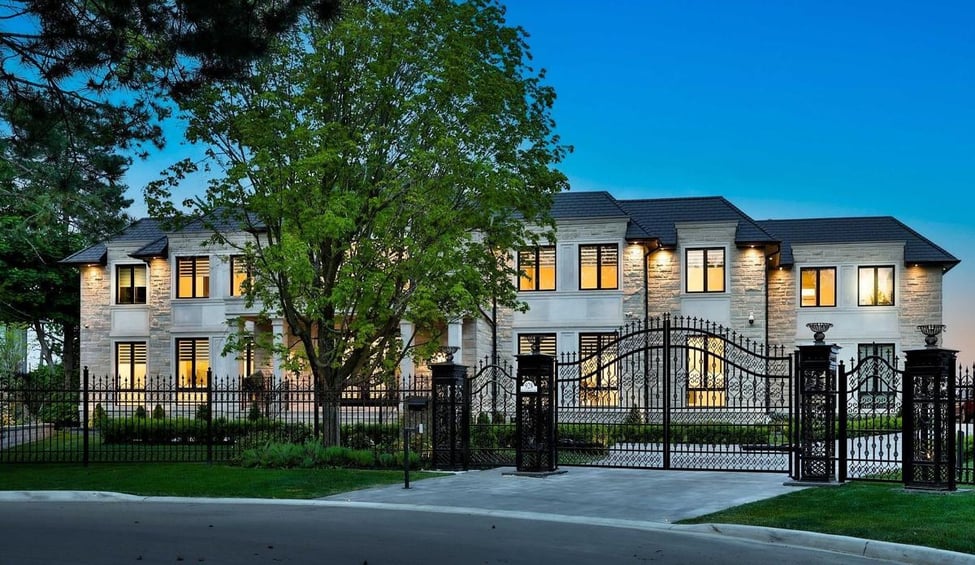Setting the right price for your home is a delicate balance that requires a mix of market knowledge, strategic thinking, and a deep understanding of your property's unique features. In today's dynamic real estate market, where factors like location, economic conditions, and buyer preferences are constantly evolving, mastering the art of pricing is essential for a successful home sale. Let's explore the key considerations and strategies to help you determine the right price for your home.
Understanding the Market Dynamics
Before delving into pricing strategies, it's crucial to have a clear understanding of the current market conditions. Evaluate recent sales of similar properties in your neighborhood, taking into account any unique features or upgrades your home may offer. Additionally, consider the overall economic climate and local trends that might impact housing demand and prices.
Comparative Market Analysis (CMA)
A Comparative Market Analysis (CMA) is a valuable tool that real estate professionals use to determine a home's fair market value. Your realtor will assess recently sold properties, current listings, and those that didn't sell to identify a competitive and realistic price range for your home. This comprehensive analysis considers factors such as square footage, condition, location, and amenities.
Setting a Competitive Price
While it's natural to want to maximize your home's value, pricing too high can deter potential buyers. A competitive price attracts more interest and can lead to a quicker sale. Trust your real estate agent's expertise in setting a price that aligns with market trends and buyer expectations.
The Importance of Appraisal
An appraisal is a professional assessment of your home's value conducted by a licensed appraiser. Lenders often require an appraisal during the mortgage approval process. While your real estate agent provides valuable insights, an appraisal provides an unbiased evaluation that can strengthen your position during negotiations.
Consideration of Unique Features and Upgrades
Highlighting the unique features and upgrades in your home can justify a higher price. Whether it's a renovated kitchen, energy-efficient appliances, or a beautifully landscaped backyard, these elements contribute to the overall value and appeal of your property.
Pricing Strategies for a Quick Sale
If a quick sale is a priority, consider pricing your home slightly below the market value. This can attract more potential buyers and potentially lead to competitive bidding, resulting in a faster transaction.
Flexibility and Adjustments
Realize that the initial asking price may need adjustment based on market feedback and buyer interest. Your real estate agent will monitor the market, gather feedback from showings, and advise on whether a price adjustment is necessary to keep your home competitive.
Conclusion
The art of pricing is a dynamic and nuanced aspect of selling your home. By leveraging market insights, conducting a thorough analysis, and working closely with your real estate professional, you can determine a pricing strategy that not only reflects your home's value accurately but also positions it competitively in the ever-changing landscape of the real estate market.

